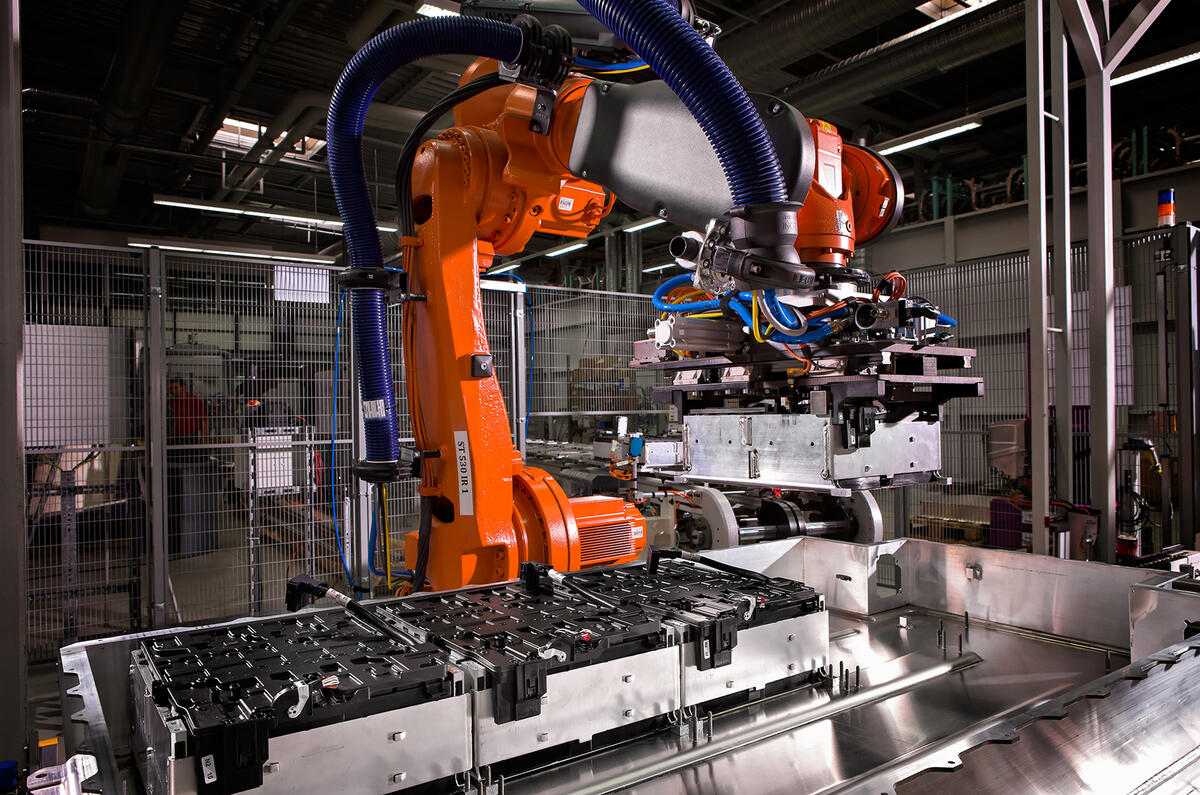Supercapacitors will replace batteries in electric vehicles, allowing them to be charged in a matter of seconds, according to a research group working with the University of Surrey and University of Bristol.
The group claims to have reached a breakthrough in its research into EV batteries and says supercapacitors are proven to be between 1000 and 10,000 times more powerful than equivalent batteries.
Read about the Tesla Model S P100D here
This breakthrough could finally allow battery-electric vehicles to have ranges as long as those of fossil-fuelled cars, along with similar refuelling times. The group also described supercapacitors as being more efficient and greener, suggesting that they may waste less energy and have a smaller environmental impact than regular electric vehicle powertrains.
The research into new materials was the cause of the breakthrough, and despite a lower current projected energy density than the traditional lithium-ion batteries used in EVs - meaning a lower storage capacity per kilogram, until the energy density of the tech increases - the considerably quicker charge time of the research group's supercapacitor system means that "A lot of people would be more happy with a half the range of a 300-mile, lithium ion-batteried EV, but a fast charging time", said chief executive of Augmented Optics Ltd and Supercapacitor Materials Ltd, Jim Heathcote.
These conclusions were made by the two universities in co-operation with Augmented Optics, a company that owns Supercapacitor Materials Ltd, with the group adding that supercapacitors will “revolutionise the capabilities of appliances that have previously relied on battery power to work". Laptops, mobile phones and tablet computers are all targeted by the group as areas for potential change.
Tesla CEO Elon Musk has already backed supercapacitors but said “we need a breakthrough in energy density” on his social media accounts. The research group suggests that this may be the breakthrough Musk was referring to. China already has a fleet of supercapacitor-equipped buses, although these do not yet have the considerable range the research group claims is possible with the further development.
Dr Brendan Howlin of the University of Surrey said: “There is a global search for new energy storage technology and this new ultra-capacity supercapacitor has the potential to open the door to unimaginably exciting developments.”
Heathcote also said: “We are now actively seeking commercial partners in order to supply our polymers and offer assistance to build these ultra-high-energy density storage devices.” The company also cites Musk's vested interest in the technology, suggesting they will be expecting to make contact with Tesla about the proposition.





Join the debate
Add your comment
Fast charging
Has anyone worked out the power levels required to charge a car 'in seconds'
I can put almost a megawatt hour of energy into my tank in about two minutes as diesel.
To do this in two minutes in electrical form involved a power level of about 30 megawatts - enough to supply a small town! You might require 30,000 volts at 1,000 Amps. You could not allow the public to get anywhere near this any more than they are allowed to wander between the busbars of a substation.
Perhaps whoever wrote this piece might like to modify it in the light of a more sceptical look at the claims made.
What about accidents
reckless fox wrote:
I would be more worried about a cascade failure, one goes short circuit, shoots shards of casing into the next shorting that, and so on, imagine a firecracker made of hand grenades strapped under your backside with shrapnel flying everywhere.
???